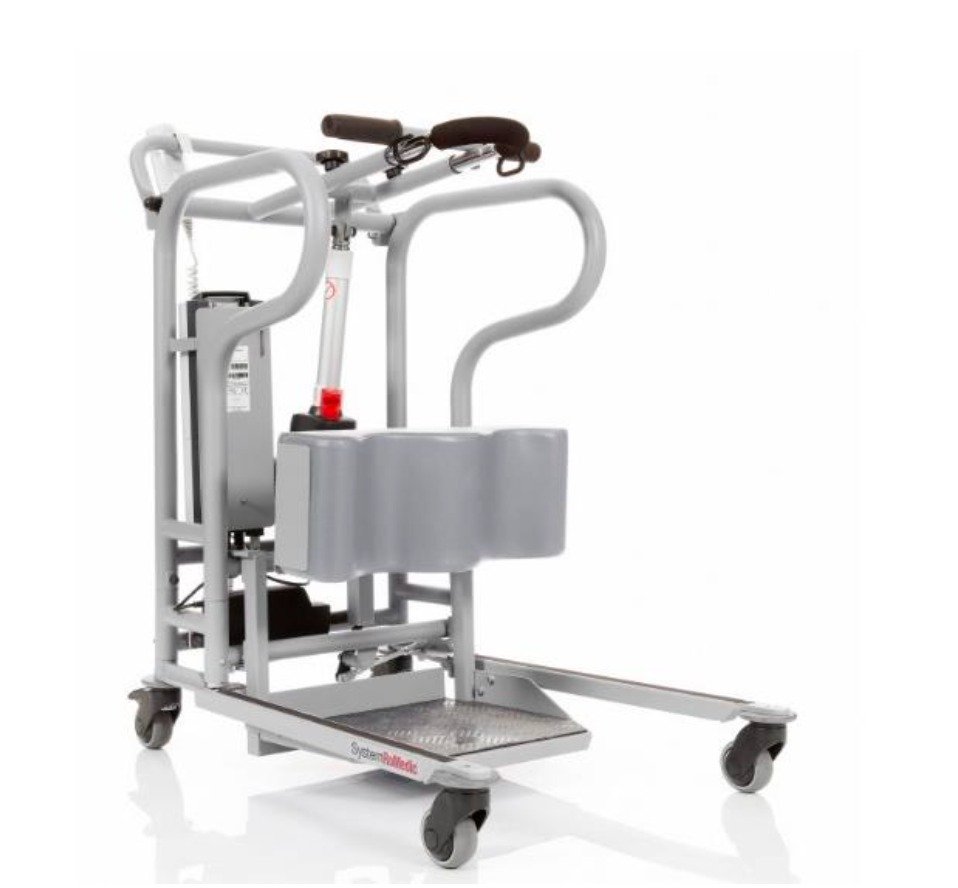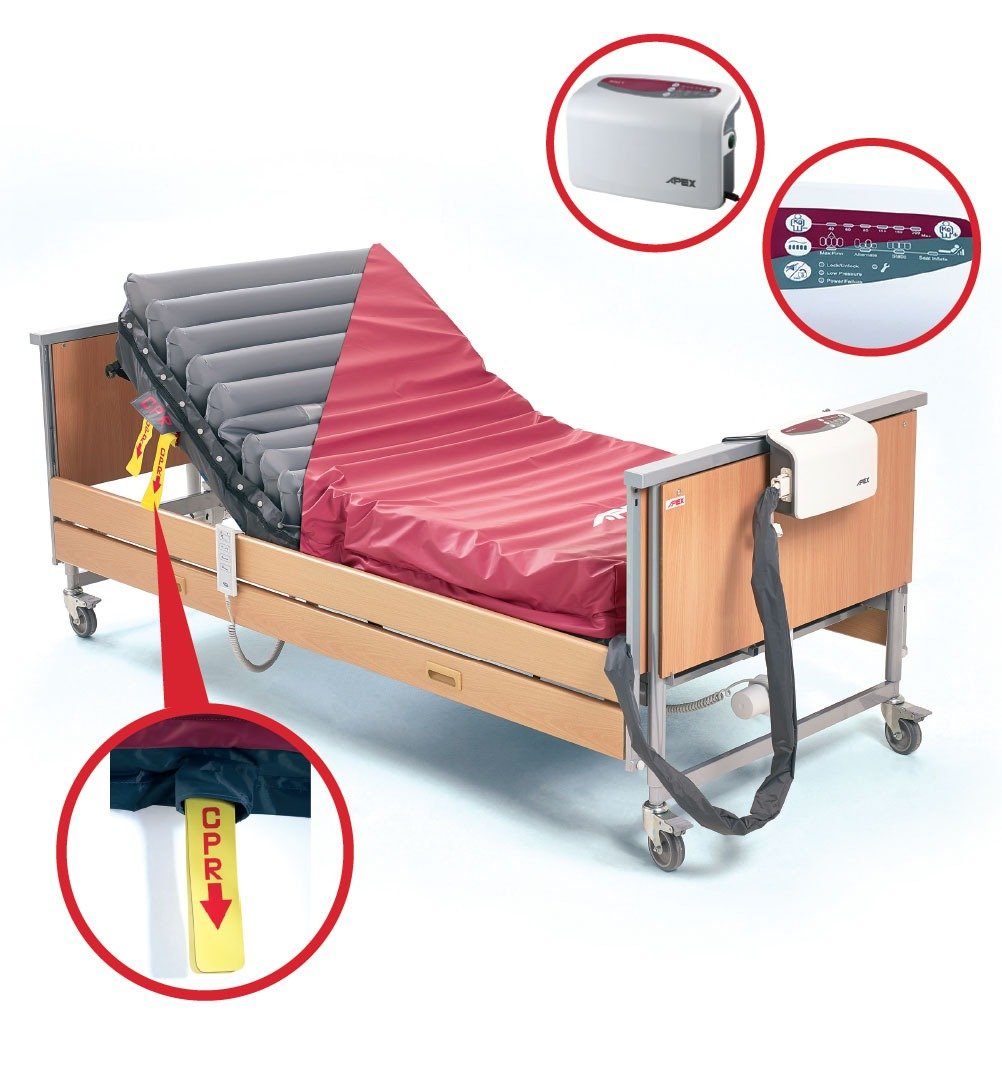Caring for a bedridden loved one can be a physically and emotionally draining experience. Whether due to age, illness, injury, or a chronic condition like dementia or Alzheimer’s, the challenges of providing care are immense. Yet, the importance of maintaining both physical and emotional well-being for bedridden seniors cannot be overstated. A well-planned approach to their daily care routine can make a significant difference, not just in their comfort but also in their overall health.
In this article, we’ll explore the essential aspects of caring for a bedridden elderly person, offering practical tips to ensure their health, comfort, and emotional well-being while also acknowledging the caregiver’s needs.
Key Aspects of Bedridden Care
1. Hygiene and Personal Care
One of the most important elements of bedridden care is maintaining proper hygiene. This not only prevents infections but also boosts your loved one’s self-esteem. Regular bathing, brushing teeth, and nail trimming are necessary parts of the daily routine. It’s important to also ensure the use of bedpans or hand-held urinals if needed. For those with incontinence, waterproof mattresses and moisture-wicking pads help maintain cleanliness and prevent discomfort.
Bedridden patients require more frequent checks to prevent rashes, particularly in areas where moisture can accumulate. Using specialized hospital beds, like those offered by O’Flynn Medical, can greatly assist with hygiene routines by allowing easy patient repositioning, helping to prevent moisture buildup, and simplifying the process of removing soiled incontinence pads without causing any spills.
2. Creating a Comfortable Environment
Creating a comfortable environment is crucial to ensuring the bedridden patient’s overall health and quality of life. A high-quality hospital bed tailored to the individual’s needs can make a significant difference. Adjustable beds that allow the patient to sit at an incline promote better circulation and reduce the risk of pressure ulcers. Low-height beds are ideal for reducing the chances of falls, while bariatric beds offer extra width and support for heavier patients.
The mattress plays an essential role in preventing bedsores. High-density foam, memory foam, or air mattresses can provide the necessary support to reduce pressure on vulnerable areas like the tailbone, shoulders, and hips. Special pillows designed to support different lying positions can also enhance comfort, promoting circulation and lymphatic drainage. Furthermore, it’s important that bedside tables and nightstands are easily accessible for the patient, stocked with essential personal items to make their daily experience more pleasant.
3. Nutrition and Hydration
Good nutrition is a cornerstone of bedridden care. Seniors who are confined to their beds often face difficulties maintaining muscle tone and overall health, so a well-balanced diet is essential. A diet rich in high-protein foods helps preserve muscle mass, while calcium supports bone strength. Unsaturated oils, such as olive oil, can help alleviate joint pain. Ensuring adequate hydration is also crucial, so caregivers should track fluid intake daily.
If feeding assistance is required, use appropriate tools such as adjustable food tables that can keep the patient upright during meals. Be mindful of feeding techniques to help with swallowing and digestion. It’s also worth considering the advice of a dietitian to ensure the meal plans are balanced and nutritionally appropriate.
4. Mobility and Exercise
While it may seem challenging, maintaining some level of mobility and exercise is vital for bedridden elderly individuals. Regular movement helps prevent muscle atrophy, improves circulation, and can even alleviate chronic pain. Prolonged immobility not only increases the risk of pressure ulcers but can also reduce bone density, extending the recovery period if the patient ever needs rehabilitation.
Daily mobility exercises, such as head rotations, arm lifts, and leg flexes, can be part of the caregiving routine. If the patient cannot perform these exercises independently, caregivers should assist, using specialized equipment designed for bedridden individuals. In some cases, hoists and transfer boards can help with bed transfers, reducing the strain on both the patient and caregiver.

It’s crucial for caregivers to adopt proper techniques when moving patients to avoid injury. Maintaining the spine’s natural curve and lifting with the hips, rather than the back, can prevent strain. Learning safe transfer techniques and utilizing the right equipment can make the caregiving process safer and more manageable.
5. Emotional and Social Well-Being
The emotional health of bedridden individuals is just as important as their physical health. Spending prolonged periods in bed can lead to feelings of isolation, depression, and anxiety. Encouraging family visits and setting up regular video calls can help your loved one feel connected and supported. It’s also a good idea to keep the patient mentally stimulated with activities such as puzzles, audiobooks, or games.
Cognitive engagement is essential for overall well-being, and ensuring that the person feels involved and valued can significantly improve their quality of life. Even small interactions, such as reading aloud or engaging in a favorite hobby, can provide comfort and emotional support.
6. Respite Care and Caregiver Support
Caregiving, especially for a bedridden loved one, is physically demanding and can lead to stress, burnout, and compassion fatigue. Caregivers must prioritize their own health and well-being to maintain the strength needed to provide care. Taking regular breaks, finding time for self-care, and asking for help when needed are all important.
Respite care services can provide temporary relief, allowing caregivers to rest and recharge. Don’t hesitate to seek professional help if the workload becomes overwhelming. It’s also essential to talk openly about any emotional challenges you may face as a caregiver. Therapy or support groups for caregivers can help address feelings of guilt or anticipatory grief, providing a space to share experiences and find emotional support.
Conclusion
Caring for a bedridden elderly loved one is a multifaceted responsibility that requires attention to their physical, emotional, and social needs. By focusing on proper hygiene, creating a comfortable living environment, ensuring good nutrition, and encouraging regular movement, caregivers can greatly improve the quality of life for their loved ones.
At the same time, it’s equally important to remember the caregiver’s well-being. Taking care of your own mental and physical health will allow you to provide the best possible care in the long run. With the right tools, techniques, and support, bedridden care can become a more manageable, fulfilling experience for both the patient and the caregiver.
Whether you’re providing daily care or seeking advice, understanding the holistic approach to bedridden care can make all the difference. Caregiving may be challenging, but with the right preparation and support, you can help your loved one thrive, even in difficult circumstances.



